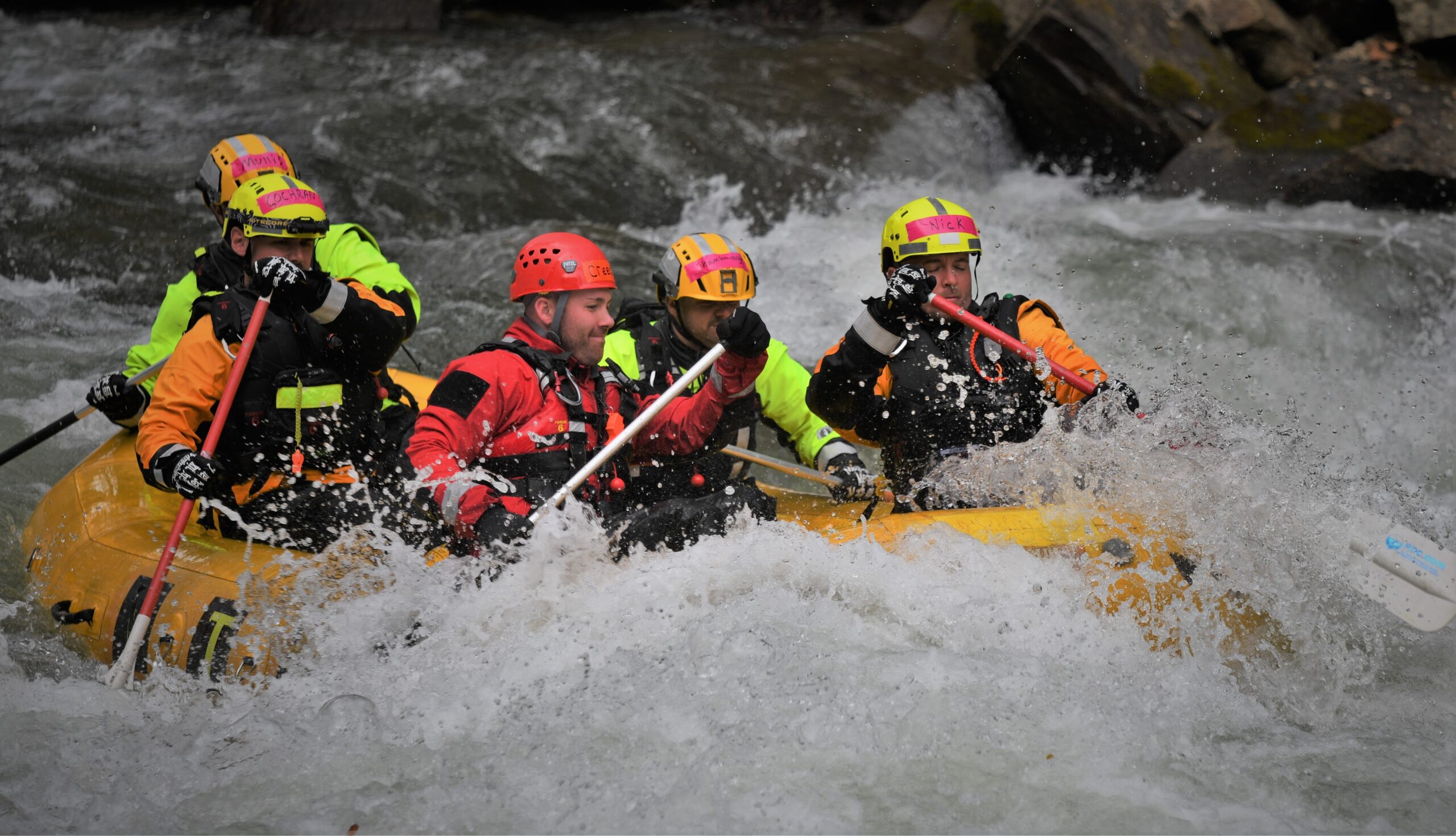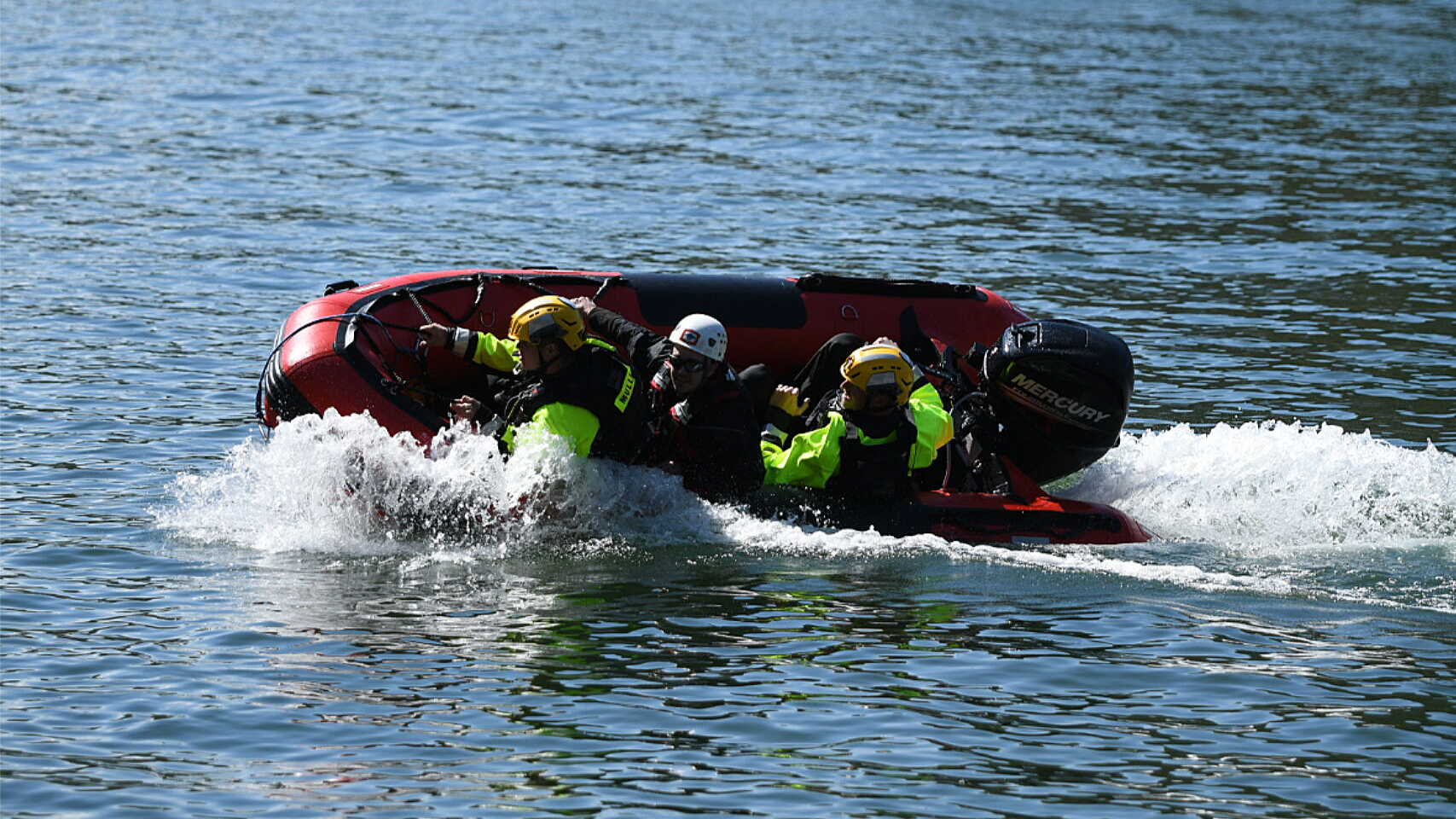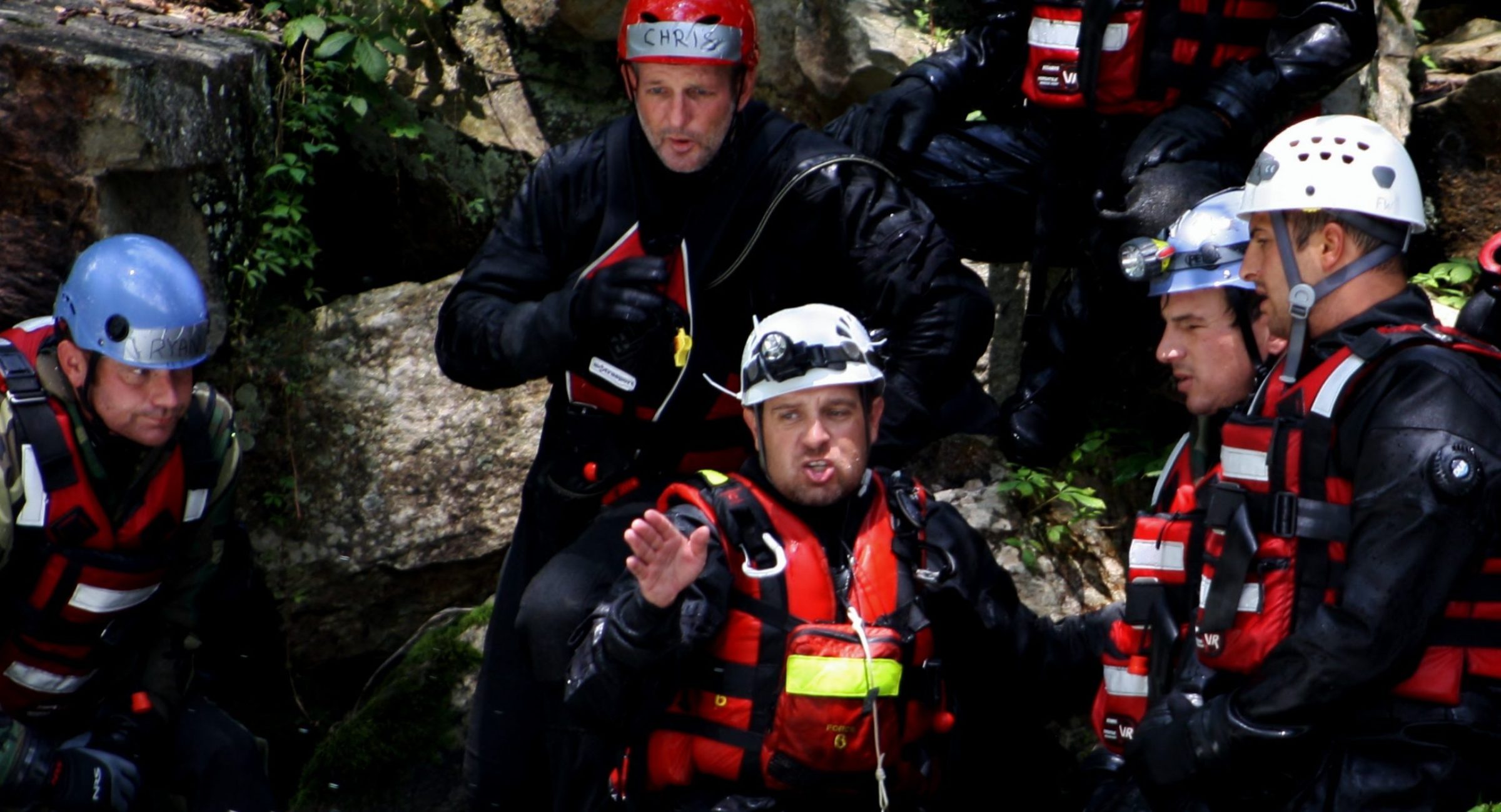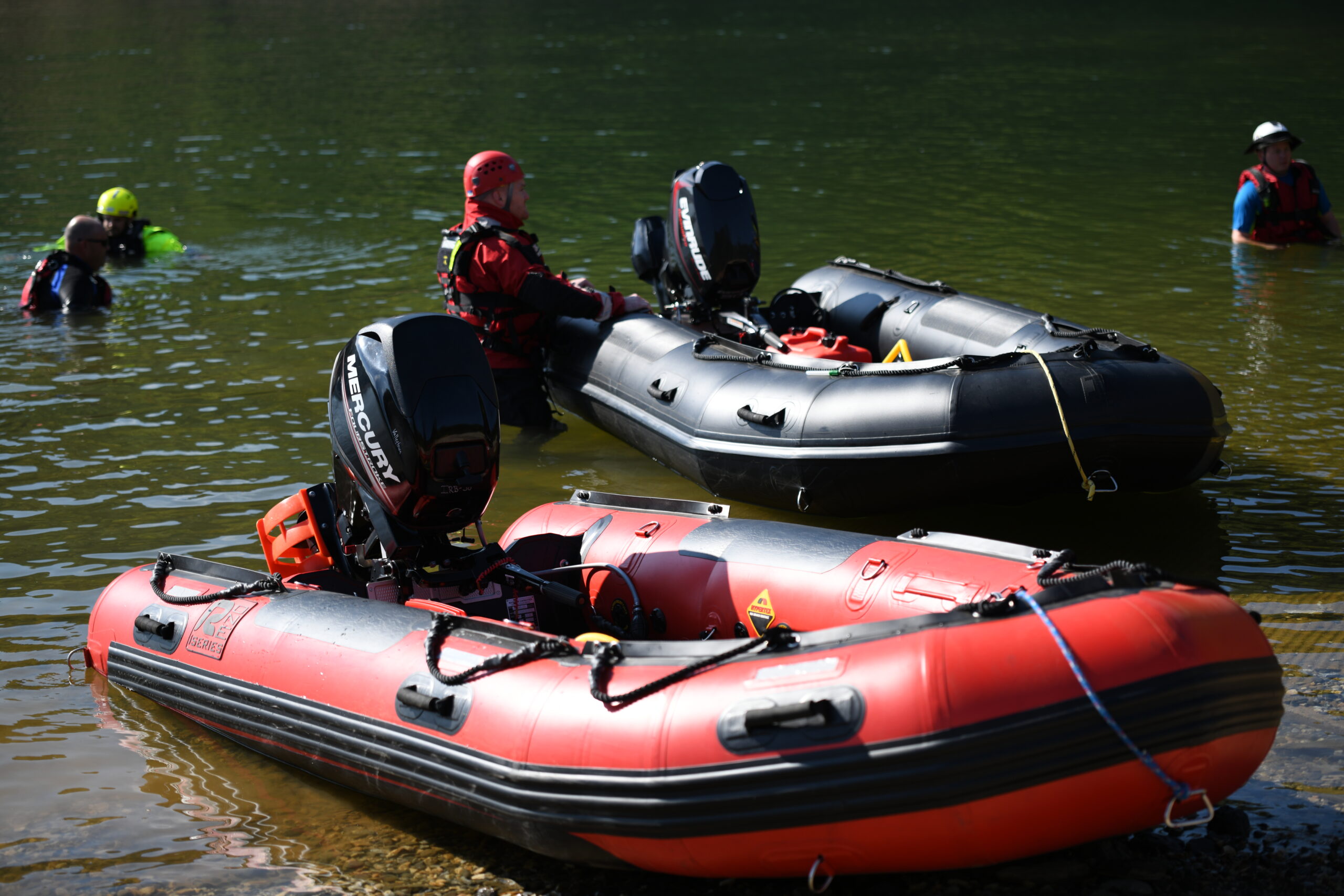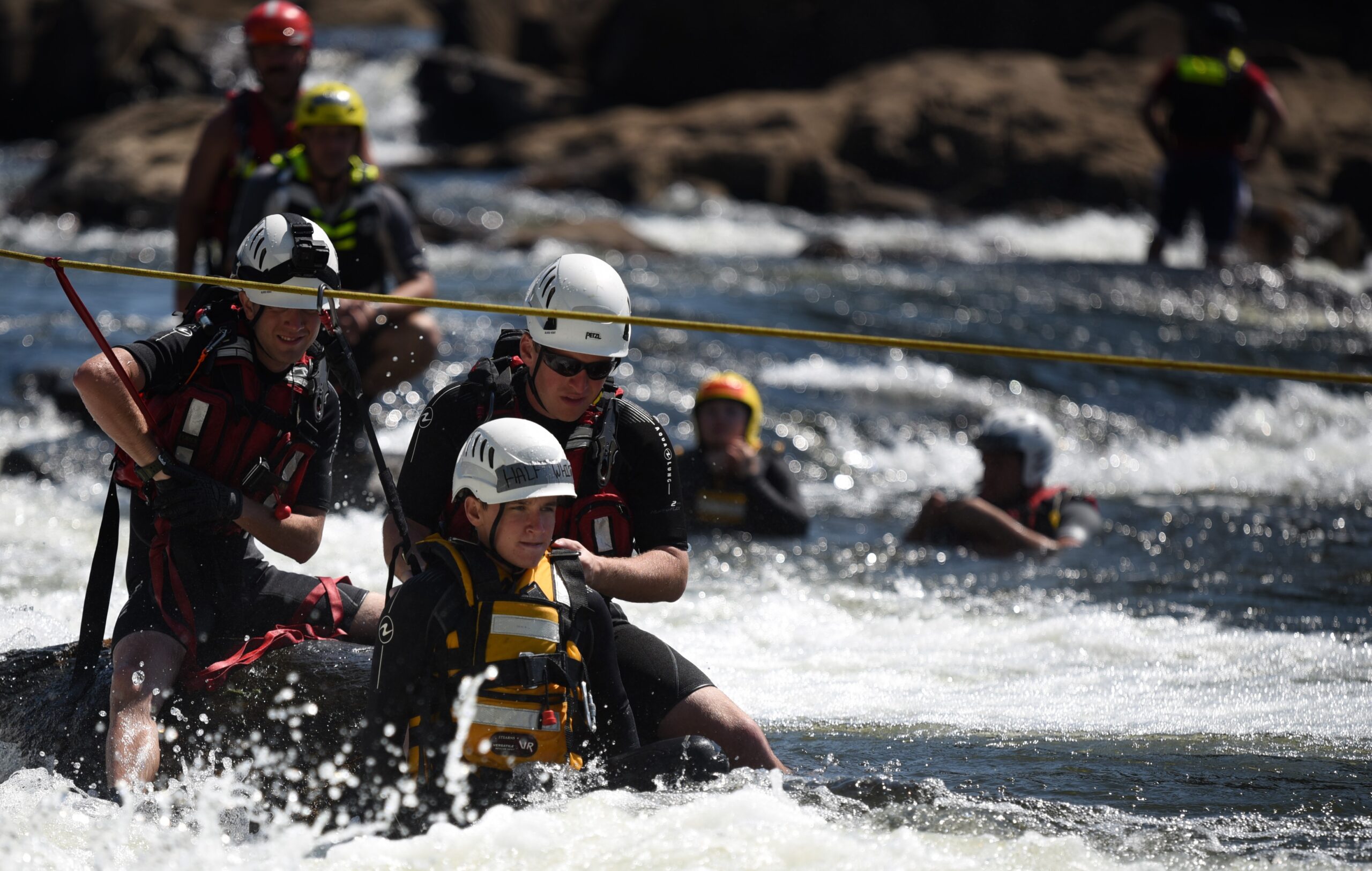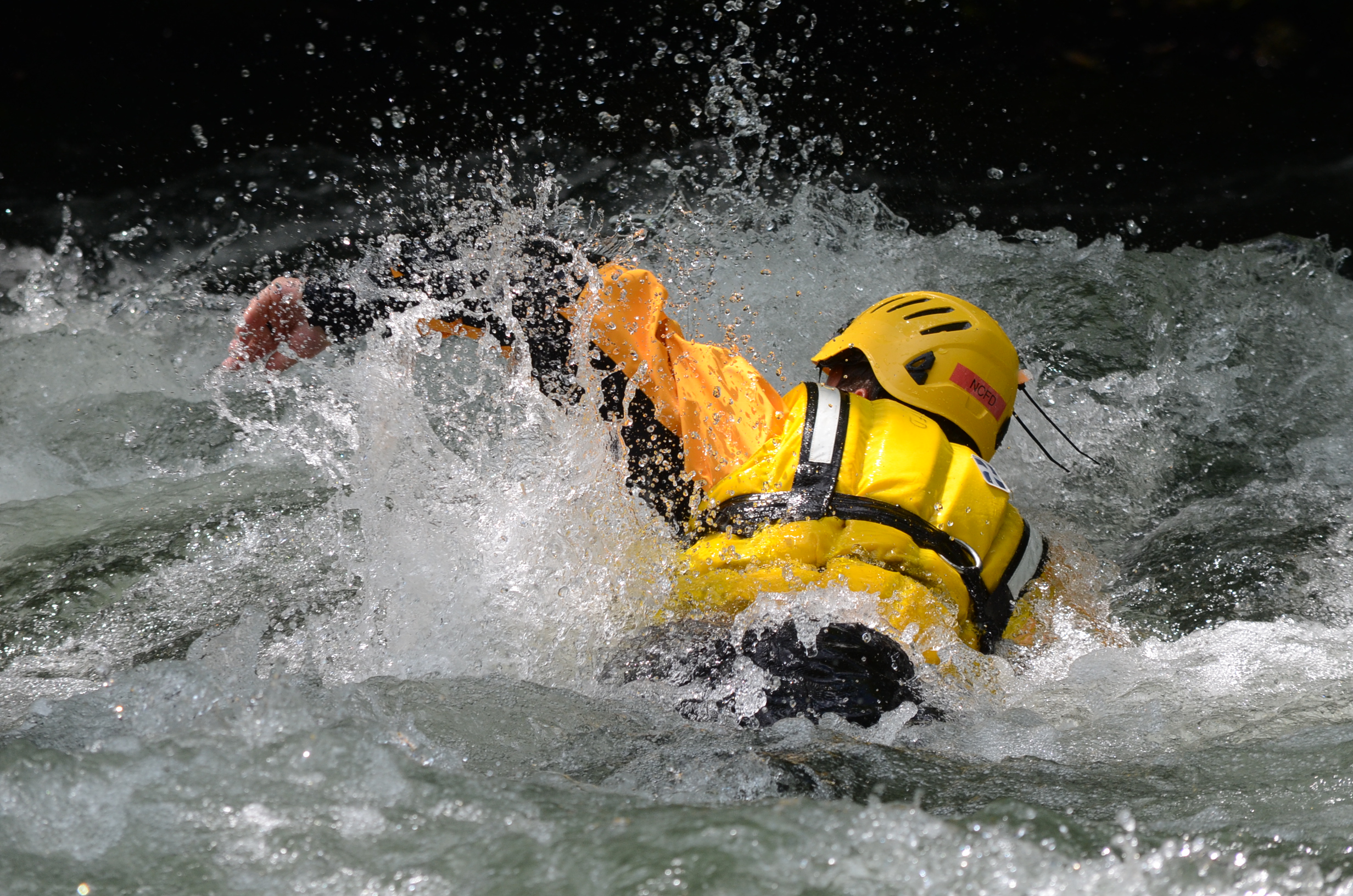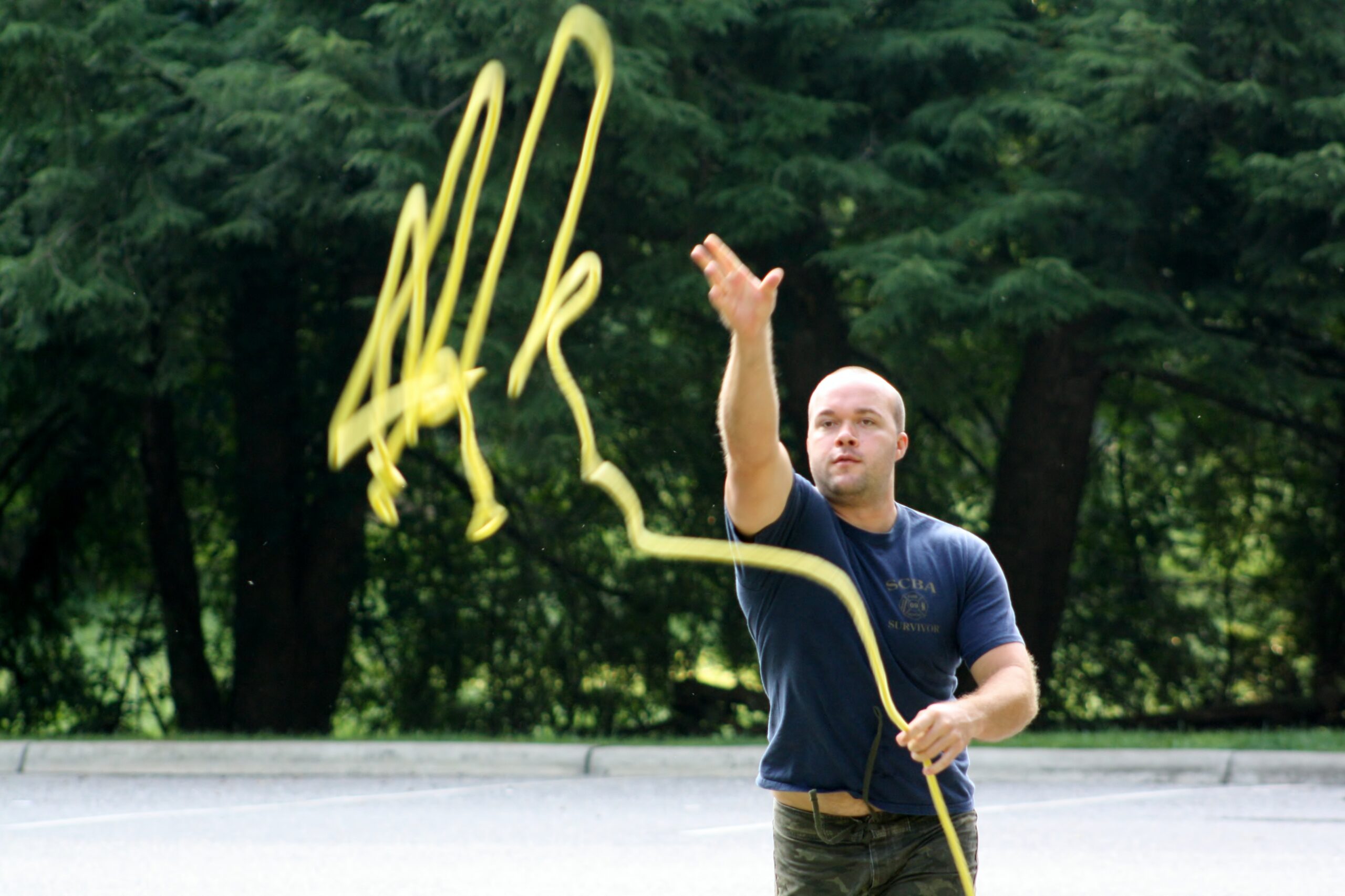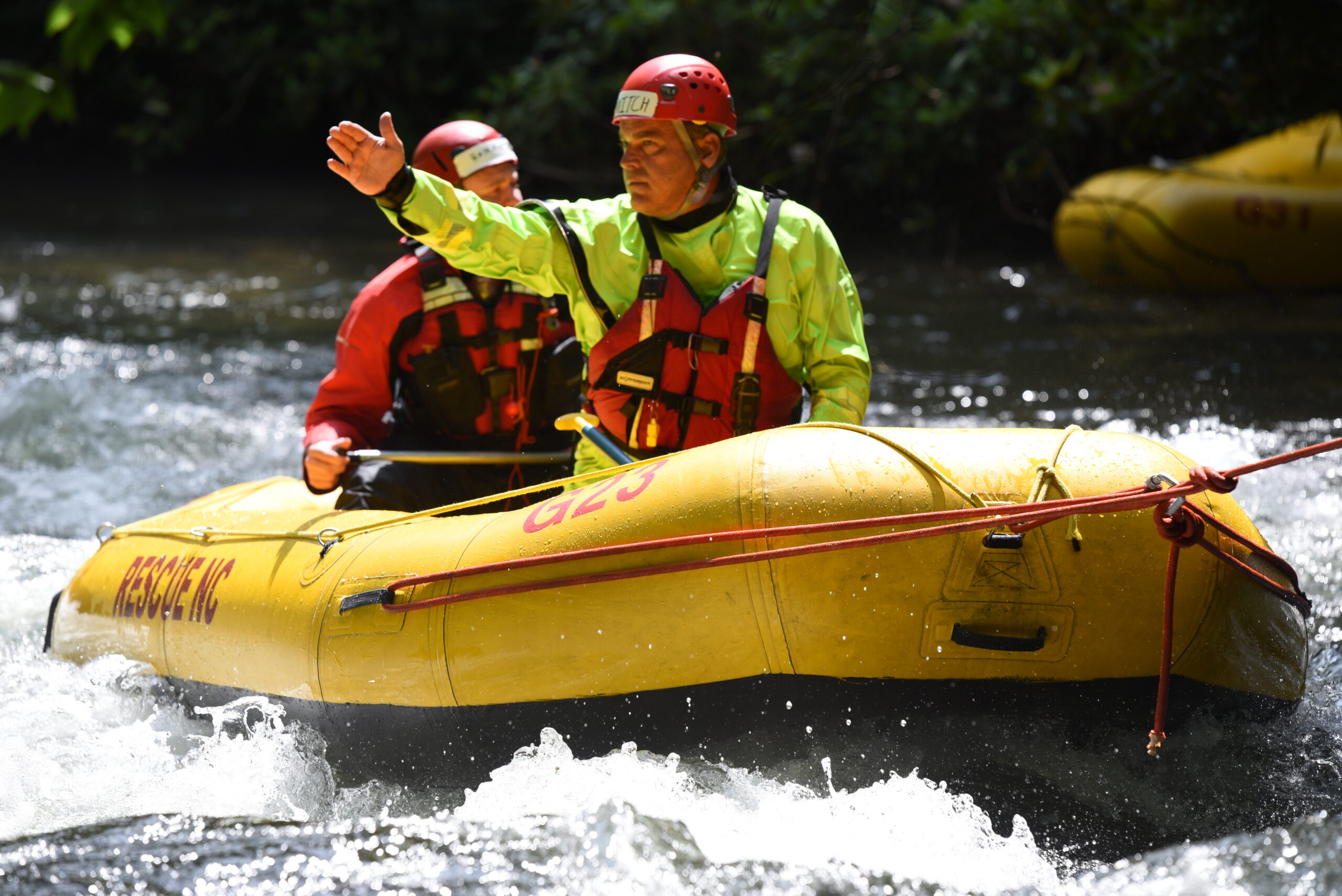Lesson Plans For TR Water Rescue Technician:
TR Water; Rescue Operati0ns
Rescue Operation Study Guide
TR Water; Transportation; Air Operations
Transportation; Air Operations Study Guide
TR Water; Transportation; Water Craft Operations
Transportation; Watercraft Operations Study Guide
TR Water; Rescue Techniques
Rescue Techniques Study Guide
TR Water; Strong Swimmer Rescue
Victim Management; Strong Swimmer Rescue
TR Water; Victim Management; Waterbound Victim
Victim Management; Waterbound Victim
The North Carolina TR Water Rescue Technician course is considered by many to be the most challenging courses we offer. This 48=hour course combines the NFPA Surface & Swiftwater Rescue chapter into one certification. This course is considered a very physically and psychologically demanding course. Those with pre-existing medical conditions should obtain a physical prior to attending this course.
COURSE NAME |
COURSE ID |
HOURS |
|---|---|---|
Water Rescue Operations |
FIP 6405 |
6 |
Water Rescue Techniques |
FIP 6406 |
18 |
Water Rescue Transportation |
FIP 6407 |
15 |
Water Rescue Victim Management |
FIP 6408 |
9 |
Water Rescue Series |
FIP 6404 |
48 |
Class Details:
Hours of Class: 0900-1800 Each Day
Itinerary:
(Days 1-3) Week 1: Lecture & Rope Rigging Skills Review
(Days 4-6) Week 2: Practical Skills Sessions (Pool Day, Lake Day, River Day & Tests)
Meals:
Student will need to provide their own meals throughout the course. During Week #2, lunch will be in the parking lot of the river or lake so a bag lunch will be in order.
Transportation:
Due to the remote and sometimes distance of training sites, it is encouraged student consider carpooling to lake and river sites. Locations for water access are limited throughout the state. In order to provide a realistic and challenging training experience, it is necessary to travel to rivers or lakes up to 2 hours away in order to mimic the conditions one would encounter during flooding or surface water incidents.
Attendance:
Students must attend 90% of the class in order to receive credit.
Class Delivery:
Due to the complex logistical demands of this course, this course is delivered as one series, therefore, the written exam is delivered as one test rather than separately.
Course Overview
The North Carolina Technical Rescuer Water Rescue series is comprised of four modules offered over a two-weekend series that enables the student to obtain the requirements needed to obtain full IFSAC certification for water rescue. (in addition to fulfilling the requirements for TR General and Rope Rescue). Completion of the TR General & TR Rope Technician is not required for attendance but strongly recommended as certification will not awarded to the student until all requirements for TR Water rescue are fulfilled.
The OSFM TR Water Rescue series is a 4-hour series specifically designed to fulfill the NFPA 1006 MINIMUM Job performance requirements (JPR’s) for those agencies who have the responsibility of surface and swiftwater rescue responses.
This a general knowledge course with minimum skill performance. It is considered a general overview of all water rescue problems and does not provide enough practical time in swiftwater environments to be proficient for swiftwater rescue teams.
Upon successful completion of a skills assessment swim test, students will receive training in areas that include:
- Rescue Operations
- Equipment needs
- Site surveys
- Preplanning
- Rescue techniques
- Rescue Swimming
- Self Survival Techniques
- Air & Ground Transportation
- Boat-Based Rescues
- Water Rescue Craft Operations
- Strong Swimmer Rescues
- Managing Search Operations
Student Equipment Needs:
- Swiftwater Rescue Gear
(Type V PFD, Vented helmet, thermal protection i.e. drysuit, westsuit, river boots, gloves, ) - Thermal protection (i.e. polypropylene undergarments’)
- Rain Gear
- Backpack / hydration system
- Sunscreen; Sunscreen
- Snacks, water…
This is a physically and mentally challenging course! Those students with phobias of swimming class I & II rapids, extremely cold water, or extensive health problems (heart, trauma, respiratory…) are discouraged from attending this course!
The Water Technical Rescuer candidate shall correctly demonstrate the ability to assume a correct swimming posture and swim for 100 yards and tread water for ten minutes in an aquatic environment both without and with floatation devices. This exercise is a two-part exercise that demonstrates a candidate’s ability to swim and maintain their safety without the aid of any devices as well as demonstrate the difference in swimming with a device. Successful completion of these skills is necessary to complete this class.
Skills acquired within the course include:
-
Rescuing and extricating an accident victim from the water.
-
Safely swimming in swiftwater and maneuvering so as to negotiate river hazards and obstacles at various water levels.
-
Handling small inflatable boats by paddle, or on tether.
-
Utilizing climbing and technical rescue gear applicable to swiftwater rescue.
-
Fording shallow and fast-moving water utilizing various techniques.
-
Navigating deep, slow-moving and fast-moving water utilizing basic climbing gear, small boats, and combinations of the two.

